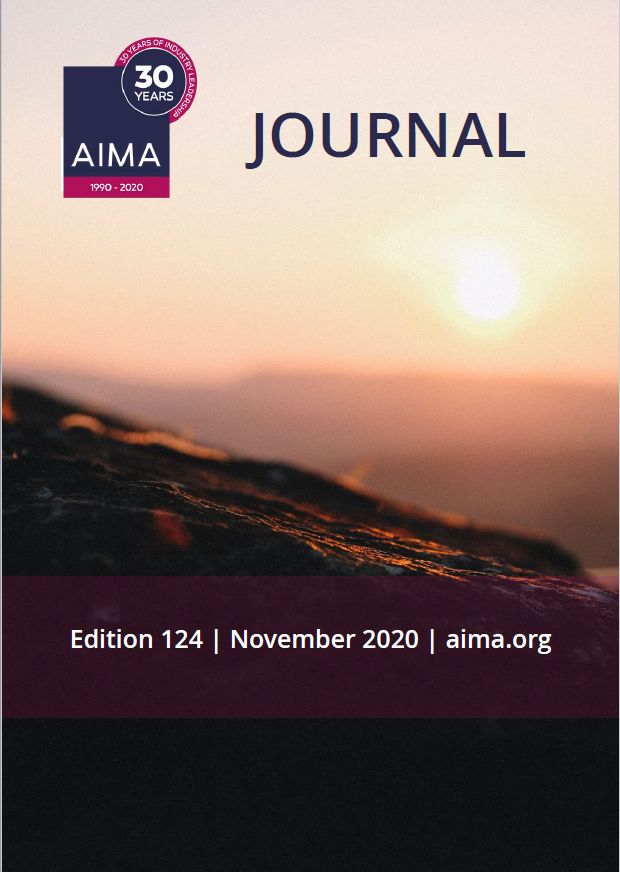As Hedge Fund managers strive to adjust to the new reality, many are starting to ask if they could be adding more elasticity into their management companies operating models.
The COVID-19 pandemic has caused massive disruption to world markets, national economies and the operating models of Hedge Funds. But it’s not the first market disruption the industry has faced. It certainly won’t be the last.
Current experience aside, disruptive change doesn’t always appear as a macro-economic meltdown. The regulatory environment for Alternative Investments changes all the time. Fund managers add new products and they add new people. AUM goes up and AUM goes down. Nothing stays static for long.
The search for scale
The problem is that – in good times when profits are growing and markets are stable – few managers think twice about the ‘elasticity’ of their management company. Indeed, when funds are flowing in, it’s all too easy to think only in ‘growth mode’. New fixed costs are added; more vendors are brought into the mix; compensation flows.
When a major shock like COVID-19 occurs, however, managers quickly start to re-examine their cost ratios. They look at their fixed costs and compensation models. They closely assess the evolution of their technology estate. They often realize that their cost base is anything but elastic and worry that their operating models can threaten the viability of their structures in short order.
Perhaps not surprisingly, some Hedge Fund managers are now asking whether they could be making their management company more elastic. What they are looking for is the ability to scale both ways – up and down – and across the enterprise in an efficient way.
Finding flexibility
In part, that will likely mean more (or smarter) use of outsourcing. In a recent survey report of Hedge Fund managers conducted by AIMA and KPMG International, Agile and resilient: Alternative Investments embrace the new reality, 61 percent of respondents said they were likely to outsource their administrative services and 55 percent said they will likely outsource their tax and accounting services.
As one manager interviewed for the AIMA/KPMG report aptly noted, “those that get the balance to outsourcing right will be able to scale their costs both during this disruption and going forward.”
It may also lead to the more effective and productive use of cloud technologies. Half of all the firms in the research shared that, while their current cloud technologies allowed them to operate effectively during the initial phases of the pandemic, they are now re-evaluating their firm’s cloud strategy to see how they can improve their use and leverage their scalability benefits.
It will almost certainly catalyze difficult discussions about fixed costs – particularly real estate costs which (with virtual working proving successful in many quarters) seem out of alignment with current operating requirements and investor expectations. Fixed IT structures are also expected to come under the microscope.
The point of these exercises is to move the management company to a place where it can scale up and down as needed. It’s about getting more elasticity in your management company’s operating margins which, in turn, can make you a more resilient organization and a more attractive place to work for high-performing professionals.
“We specialize in helping Alternative Asset Managers of all sizes address these issues and have done so over many cycles and our first question is always the same – do you know your partnership tolerance to running the business in the absence of all income for 12 months and what is truly key to you in that situation? We then work together to build back from there.”
Focused on the fundamentals
Of course, all of this must be managed against the realities of the business. Managers still need to compound good returns for the long term to their investors; they still need to reward and retain their high-performing staff; and they still need to ensure they abide by relevant laws and regulations. Those three pillars must remain protected.
At the same time, managers must be able to ensure their management company stands up to regulatory rigor and review. They must also pay particular focus to how they manage their vendors – a task that has become acutely more challenging in today’s virtual environment.
Current health and safety considerations will also need to be taken into account. More than 60 percent of the respondents to the AIMA/KPMG survey say they are considering modifications to the workplace in order to meet the social distancing guidelines being imposed.
Is your Management Company’s operating model elastic?
That Hedge Fund managers need a management company with margin elasticity is obvious. Fund managers spend all their time building market neutral hedge products; they specialize in creating financial products that can perform in any market. Yet, they rely on a management company that cannot operate in any market. The irony is clear.
At KPMG, we work closely with Alternative Investment managers of all sizes to help them enhance the elasticity of their management companies. What we have learned is that there is no blueprint to success; every management company will need to make their own unique set of decisions and create their own unique processes and models.
Article originally published in The Alternative Investment Management Association’s AIMA Journal – Edition 124: November 2020



